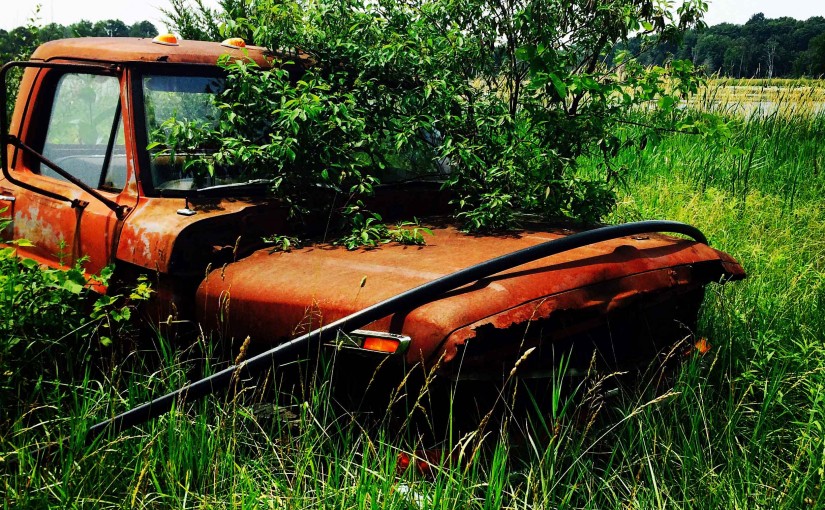-

On Endings
When I was a teenager neighborhood friends I had connected with moved away, the way that neighborhood friends do. It wasn’t far but it wasn’t…
-

For Mom: Reflections on teaching and learning with family
On the day before what would have been her mother’s 104th birthday, my mother left this world. She didn’t want a service. If we would…
-

In Defense of Kindness in the Rhizome: A complex balance of many often opposing forces
“Reality is subjective, and there’s an unenlightened tendency in this culture to regard something as ‘important’ only if ‘tis sober and severe. Sure and still…
-

My Virtual Life: becoming a real buddy with a nod to the Velveteen Rabbit
‘Does it hurt?’ asked the Rabbit. ‘Sometimes,’ said the Skin Horse, for he was always truthful. ‘When you are Real you don’t mind being hurt.’…
-

A Sort of “In Love”: What is it About Play?
Call it a clan, call it a network, call it a tribe, call it a family. Whatever you call it, whoever you are, you need…
-
Is Rhizomatic Learning an Invasive Species? You Bet Your Sweet Ass It Is: The Wild vs the Civilized; A Serious Response in 4 parts
Part 1 – introduction I get the impression that in some interactions around the Internet I have come off as being on the side of…
-
The Posts that Could Have Been
So, I’m trying to get back on track with #rhizo15. I got thrown off a bit as I am currently in this whirlwind tour –…